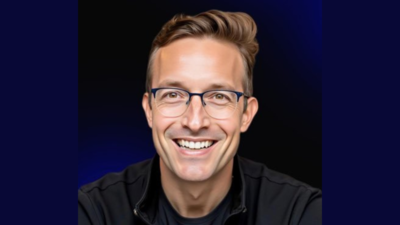Benny Johnson returned to the spotlight this week after being invited by the White House to occupy the “new media seat” at a press briefing, a slot that gave him the privilege of asking the first question. Johnson used the opportunity to share what he described as personal experiences with crime in Washington, DC, claiming he had witnessed murders and that his house was set ablaze. As reported by The New York Times, official records dispute these claims, noting that no murders occurred on his block since at least 2017, and while a neighbour’s house was intentionally set on fire, Johnson’s own property was not. Nevertheless, press secretary Karoline Leavitt praised his comments as part of the administration’s broader push to federalise law enforcement in the capital.According to The New York Times, Johnson’s prominent role at the briefing likely reflects the Trump administration’s increasing reliance on right-leaning digital influencers over traditional media. Figures like Johnson enjoy rare access, often rewarded with high-profile slots and panels, despite a history of spreading misinformation. Critics, including the Freedom of the Press Foundation, have argued this demonstrates a preference for political narrative over factual reporting.
Who is Benny Johnson?
- Johnson, 39, is a conservative commentator, podcaster, and social media personality with millions of followers across YouTube, X, and Instagram.
- He has written for various conservative and right-leaning media platforms, including Breitbart News, TheBlaze, National Review, and The Daily Caller.
- Johnson began his career at Glenn Beck’s The Blaze in 2011 before moving to BuzzFeed News, where he was fired in 2014 after 41 instances of plagiarism were uncovered.
- He later faced further plagiarism allegations while at Independent Journal Review, where he was also suspended over a false story about Barack Obama.
- Johnson has also worked for Turning Point USA and served as a host for Newsmax TV.
- As per The New York Times, he has been linked to conspiracy theories over the years, such as false election claims, and even unwitting participation in Kremlin-backed media operations.
- Despite the controversies, Johnson has built a powerful platform by producing viral political content—often three or four videos daily alongside podcasts and posts.
- Supporters see him as a sharp-tongued conservative voice, while critics view him as emblematic of an era where narrative often outweighs accuracy in political communication.



)
)